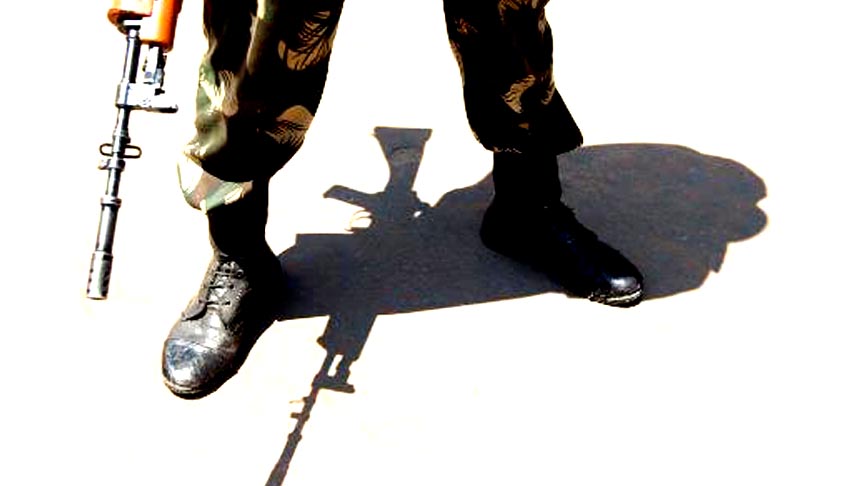Manipur Encounter Case In Supreme Court: Attorney General And Amicus Curiae Disagree
LiveLaw Research Team
21 April 2017 9:22 AM IST

Next Story
21 April 2017 9:22 AM IST
The Supreme Court bench of Justices Madan B.Lokur and Uday Umesh Lalit, on Thursday, reserved their orders in the Manipur Encounter case, after hearing the counsel for three days.In the latest hearing, the bench was concerned with only one category of cases, namely, Judicial Inquiry (JI) cases, which resulted from the orders of the Guwahati and Manipur High Courts. As per the court’s...
